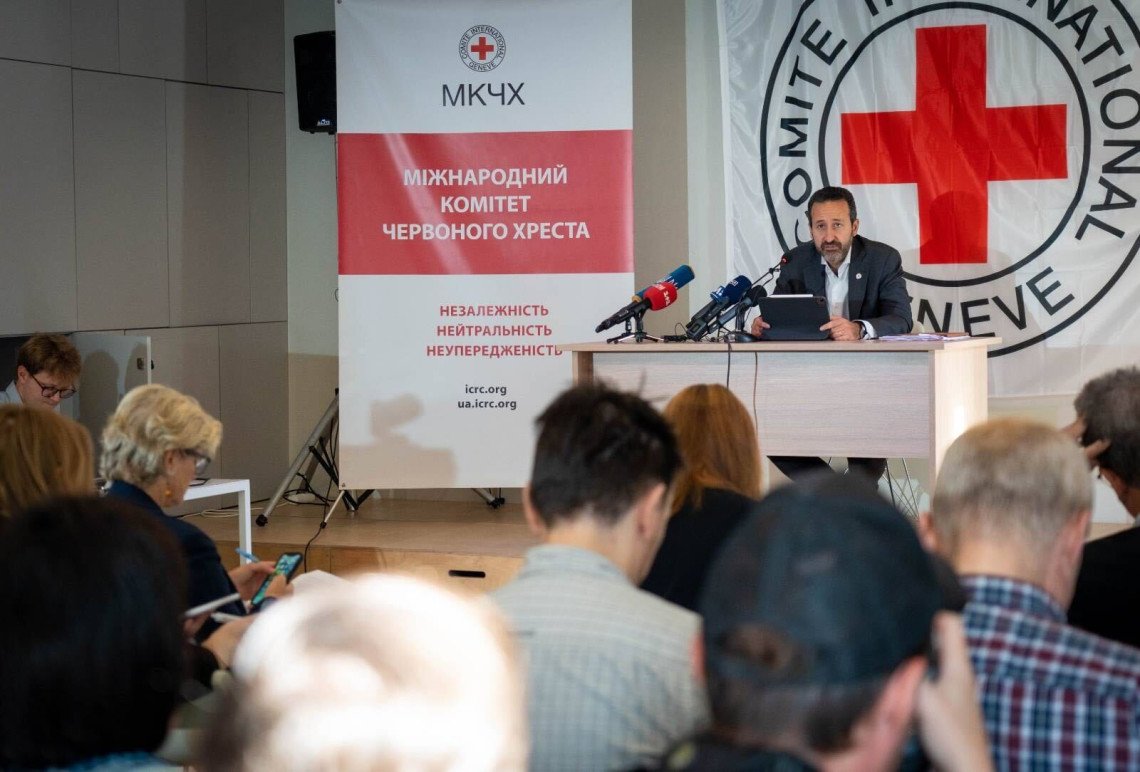ICRC Chief Appeals for Restraint from Warring Parties in Eastern DRC
A concerning surge in the number of civilians wounded by heavy weapons in the eastern Democratic Republic of Congo (DRC) is placing immense strain on already struggling health facilities, warned Robert Mardini, the director-general of the International Committee of the Red Cross (ICRC). During his five-day visit to the country, Mardini highlighted the escalation in fighting between the army and M23 militants in North Kivu province, exacerbating one of the world’s largest and most complex humanitarian crises.
Speaking from the Lushangala camp for internally displaced people in Goma, Mardini emphasized that civilians, including women and children, are in the line of fire, urging all parties to the conflict to adhere to international humanitarian law, the rules of war, and the Geneva Convention. He stressed that compliance is not optional but a binding obligation for all involved in the conflict.
The increase in hostilities has led to hundreds of badly injured civilians, with 40% of them victims of shelling or heavy weapons used in densely populated urban areas, overwhelming healthcare facilities in North Kivu. Mardini revealed that the ICRC-supported hospital in Ndosho has seen a steady rise in the number of beds dedicated to treating weapon-wounded individuals, reaching 140 beds. Steps are being taken to further increase capacity to meet the rising demand for care.
The situation is compounded by the influx of people fleeing the fighting in the region into the Lushangala camp in Goma, stretching resources thin. Displaced individuals, like Julienne Beetsa from Saké, expressed their dire conditions, lacking basic necessities such as water, food, and sanitation facilities.
With the daily influx of wounded, including many children, at the Ndosho hospital, Mardini warned that a failure to protect civilians would lead to a bleak future for millions of Congolese. The region has been grappling with violence from both local and foreign armed groups for nearly three decades, and the recent offensive by M23 militants since late 2021 has further exacerbated the crisis, displacing over a million people from their homes.
Last week, army chiefs of staff from the Southern African Development Community (SADC), which has a joint force in the region, convened in Goma to develop new strategies to support the Congolese army in countering the M23 rebels. The situation in eastern DRC remains a critical focal point, demanding urgent attention and concerted efforts to alleviate the suffering of civilians caught in the crossfire.













